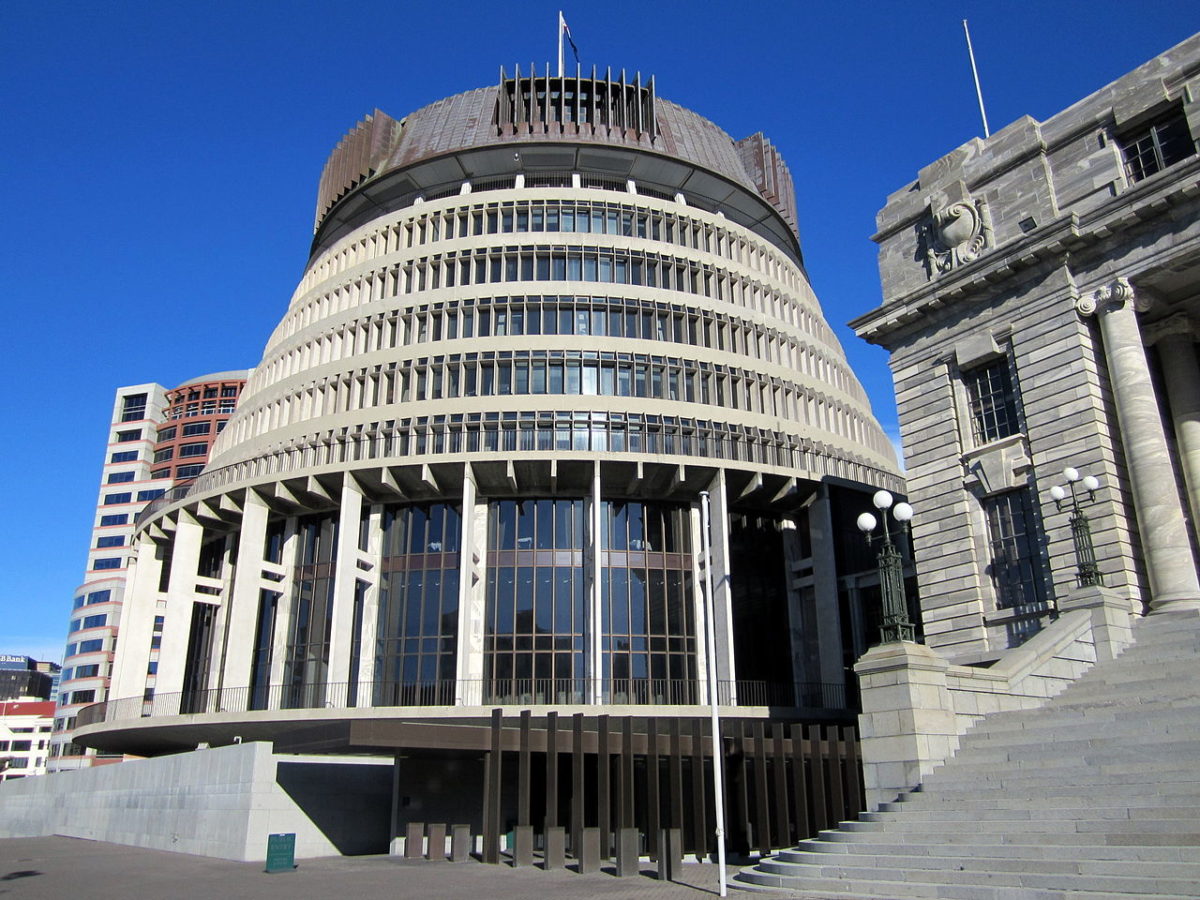We weren’t alone, at AgScience, in observing the dearth of initiatives in the Budget to promote science, innovation and – when it comes to the crunch – the wellbeing of the country. A column at Stuff today makes the same point.
And as if to affirm our concerns, the Queen’s Birthday Honours list today includes a gong for just one scientist.
Dr Megan Woods, Minister of Research, Science and Innovation, smartly banged out a press statement to congratulate Professor Charles Eason on his appointment to the Companion of the New Zealand Order of Merit.
Professor Eason is Chief Executive of the Cawthron Institute and won the award for services to science and wildlife conservation.
Except for two statements made jointly with several ministerial colleagues on Budget Day, this was the first statement Dr Woods has issued as Minister of Research, Science and Innovation since March.
Sadly, there were no other scientists on the Honours List list for her to congratulate.
Sports people fared much better.
The names listed under The New Zealand Order of Merit – DNZM Dames Companion – include:
Yvette Winifred Corlett (deceased), Te Aroha, (services to athletics).
This honour (and would anyone begrudge it?) has been bestowed in an apparent response to publicity generated by her recent death:
* Yvette Corlett: Pioneer, superstar and undervalued national treasure
* Brother says Corlett ‘should have been a Dame’
Her brother, Roy Williams, said she had a trailing legacy of titles in athletics, but her quiet wish would have been to become a Dame.
“She should have been made a Dame,” said Williams, who himself won the decathlon at the 1966 British Empire and Commonwealth Games in Jamaica. “There are many other New Zealanders who have become Sirs and Dames and they did far less than her.
“She not only won gold in Helsinki, but she taught for 14 years. She taught many people like Barbara Kendall, who became an Olympic gold medallist, and she became an important figure in sport.”
Nine other people (all still alive) received honours for services to sport.
CNZM Companions
Scott Ronald Dixon, United States, (services to motorsport).
MNZM Members
Yvonne Margaret Loader, Christchurch, (services to sport of gliding).
Bryan Alexander Waddle, Porirua, (services as a sports broadcaster).
QSM The Queen’s Service Medal
Adrienne Elizabeth Begg, Darfield, (services to sport and community).
Peter Antony Cox, Christchurch, (services to sport, particularly hockey).
Edward Colban Fawcett, Masterton, (services to sport of woodchopping).
Elizabeth Barbara Thomas, Oxford, (services to equestrian sports and community).
Allan Leonardie Francis Va’a, Auckland, (services to youth and sport).
Grant Albert Windsor, Christchurch, (services to broadcasting and sport).
There may be more. We counted only those names where the word “sport” was included in the accompanying notes.
Disappointed at finding just one “science” recipient of an honour today, we did extend our search to “research”.
We struck oil – of sorts.
The list of new ONZM Officers includes the name of Gordon William McLauchlan, of Auckland, for services to historical research.
The conclusion we sadly draw is that if scientists seek an honour (Queen’s Birthday or New Year), they should eschew their discipline and take up sport instead.
Our disappointment at the government’s treatment of science is shared by science writer Peter Griffin in the column at Stuff we mentioned earlier. He writes:
Halfway through its first term, it is clear that the Labour-led coalition doesn’t have a vision for how science can transform the economy.
Yes there was a handful of science line items in Thursday’s Wellbeing Budget, offering welcome investment in things like renewable energy research, the initiative to reduce greenhouse gas emissions from agriculture and the effort to stop Kauri dieback.
But there was no substantive new funding for the hardworking scientists in our universities and publicly funded research labs involved in the fundamental research that could actually transform our economy.
“We woefully under invest in basic research in this country. That’s a problem because the evidence shows that countries, such as the United States, that invest heavily in fundamental research, reap the rewards long term and across the economy.”
Griffin references Dr Heide Friedrich, president of the New Zealand Association of Scientists, who said in a post-Budget statement:
“I am wondering how universities and [Crown Research Institutes] can adapt their often massive operations to better incubate and work with start-ups to align with the Government’s desire to support more radical and disruptive innovations?”
Griffin goes on:
“Our innovation system isn’t firing. We aren’t creating a significant pipeline of ideas that can be translated into world-leading innovations by our businesses. Our small research system is too competitive, too complex, too hard to work with.”
Sure, the Government’s 15 per cent R&D tax credit took effect from April. It is intended to boost the R&D undertaken in the private sector.
But as Griffin points out, it won’t do this unless some of the structural issues are addressed.
The Government must take a hard look at the research system and make the necessary changes.
If it fails to do this, the country will find it that much harder to generate the economic growth necessary to help those who need it with funding provided through Wellbeing Budgets.
The conclusion to be drawn from both the Queen’s Birthday Honours list and the Budget funding for science is clear.
It helps your cause if you kick up a fuss about being ignored.












